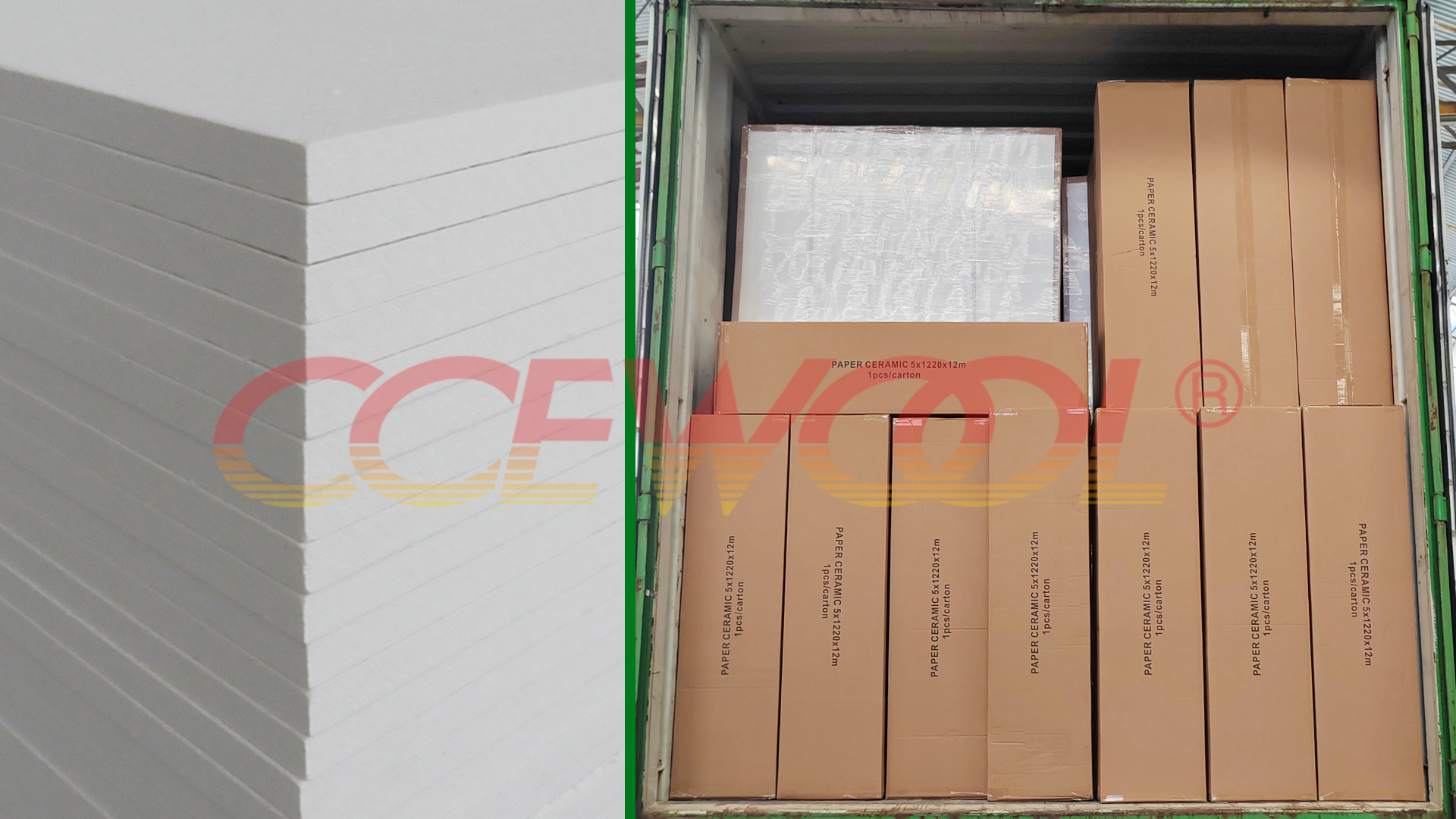Refractory Fiber Board – CCEWOOL®
- 17 Mar, 2025
- Insight

In high-temperature insulation materials, thermal conductivity is a key factor in determining insulation performance. The lower the thermal conductivity, the less heat is transferred, reducing heat loss, improving energy efficiency, and ultimately achieving energy savings. CCEWOOL® refractory fiber board is manufactured with precise production control, ensuring stable low thermal conductivity to provide exceptional insulation solutions for high-temperature industrial applications.
Precise Density Control for Low Thermal Conductivity
The thermal conductivity of refractory fiber board is influenced by various factors, with bulk density being one of the most critical. A uniform density helps minimize heat transfer and enhances overall insulation performance. CCEWOOL® utilizes fully automated CNC production equipment, ensuring even distribution of raw materials and precise process control. This guarantees consistent density, resulting in optimal thermal insulation performance.
Strict Quality Testing for Product Consistency
To further ensure the stability of refractory fiber board, CCEWOOL® implements individual weight testing before packaging, ensuring that the actual weight is equal to or greater than the theoretical weight. This rigorous quality control process guarantees consistent performance, providing customers with highly efficient and reliable high-temperature insulation materials.
Polish Customer
Cooperation Years: 9 years
Ordered Product: CCEWOOL® refractory fiber board
Product Size: 25x1000x1200mm
Our Polish customer highly praised the low thermal conductivity, stable density, and excellent insulation performance of CCEWOOL® refractory fiber board. They were particularly impressed by our precision production control and strict quality testing, ensuring that the product consistently delivers outstanding insulation performance in high-temperature environments. The customer noted that CCEWOOL® products have enhanced energy efficiency while effectively reducing energy consumption, and they look forward to continued collaboration in the future.



